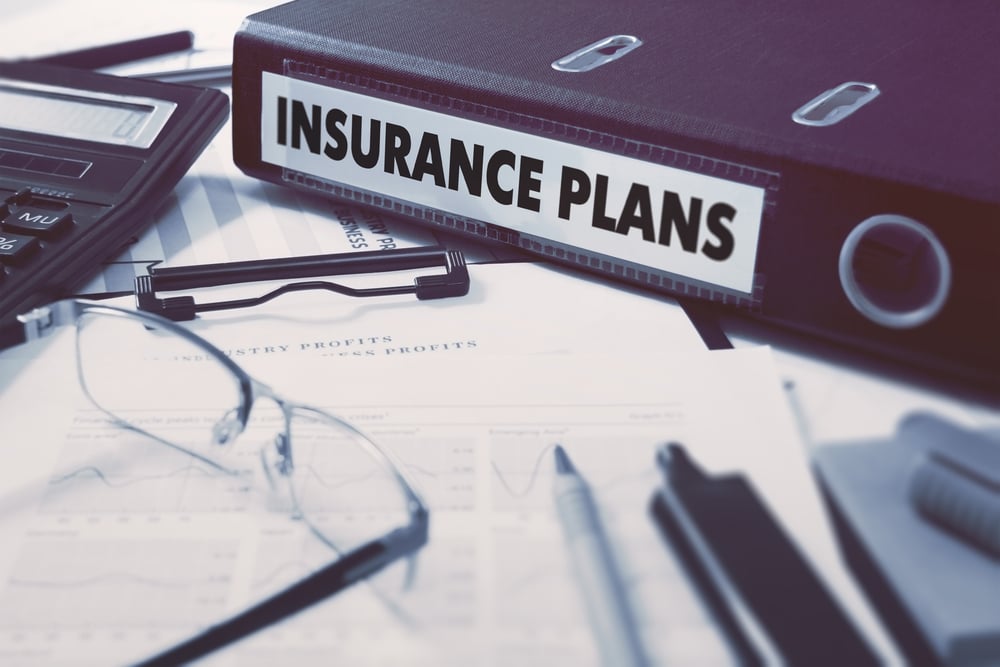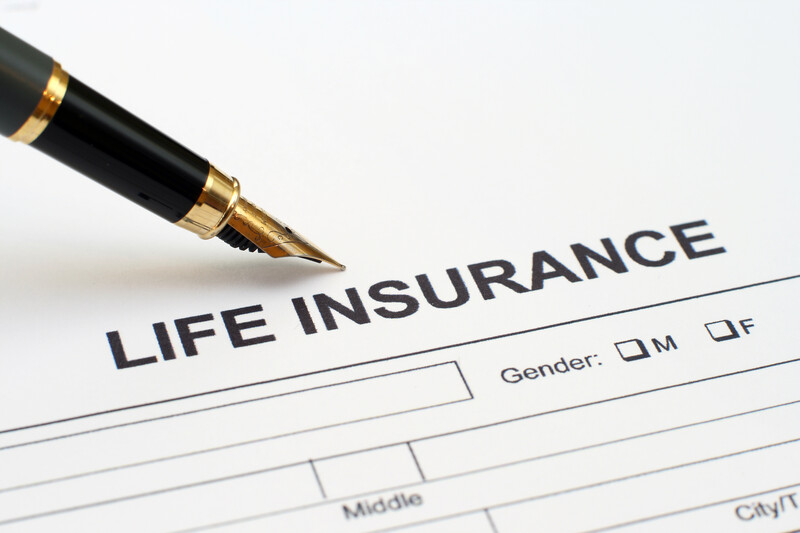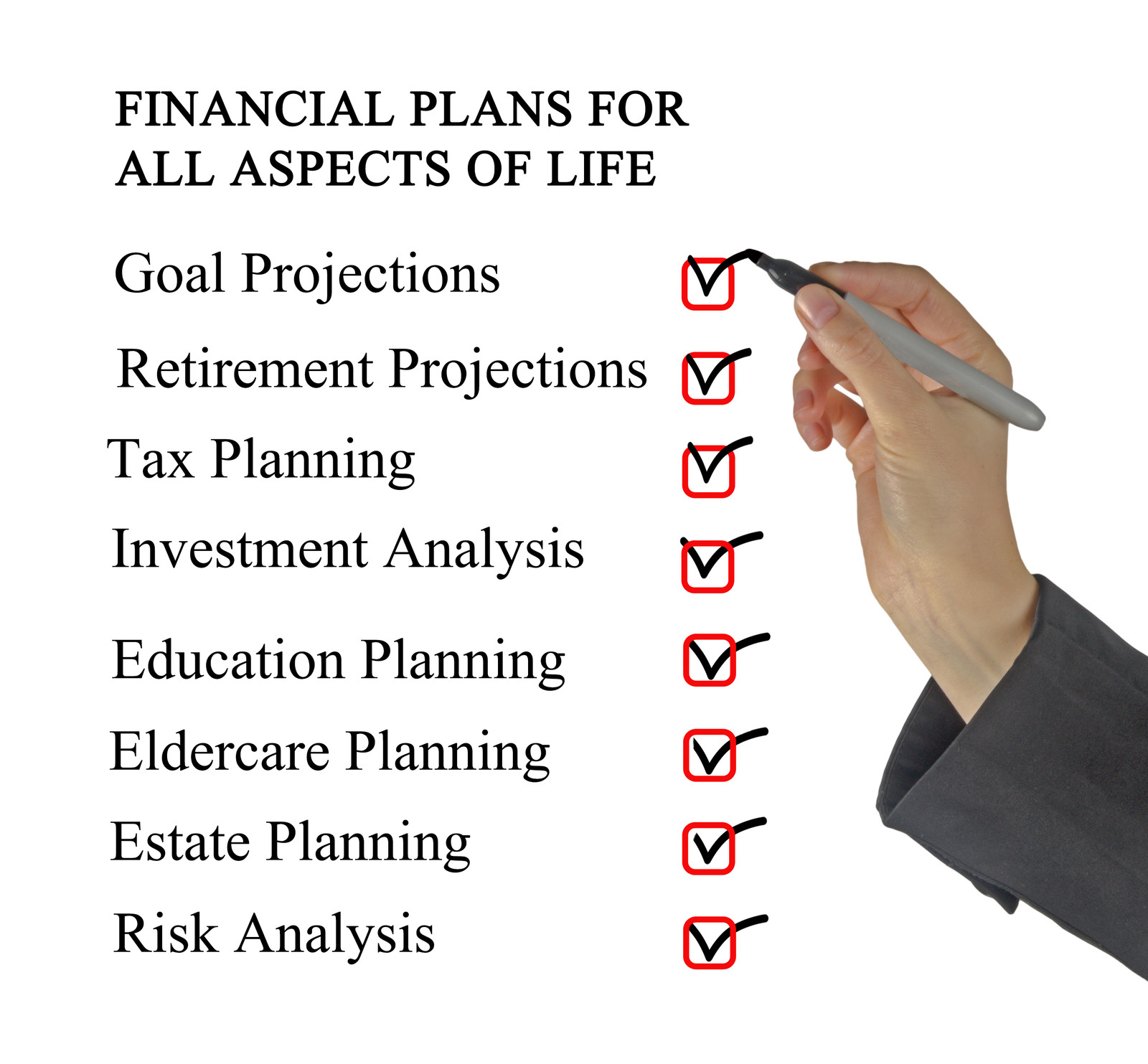Why do Business Owners need Life Insurance?
Topics: Financial Planning, Goals, Insurance, Life Insurance, small business owner, small business, Certified Financial Planner, CFP
The kids are back to school, the holiday season is right around the corner, fall activities are in full swing!
Topics: Disability Insurance, Insurance, Insurance policies, Life Insurance
3 Questions to Help you Decide!
When I was a student I got so stressed before tests! The week leading up to the test I would study loosely, be constantly stressed, and cram the day before.
Eventually, I learned to create a study plan two weeks before my test. I studied each day for a set time, had little stress, and usually performed well. With an appropriate plan I was able to enjoy my life without worrying about my test. I wasn’t planning for the worst but rather preparing myself so I would have freedom.
This is similar to the approach we use in life insurance planning.
Topics: Financial Planning, Insurance, Life Insurance
What would you say if someone asked you to name your most valuable financial asset? Many high earners believe their most valuable assets are their savings and investments. You may have substantial savings in both your home, savings, and investment accounts. They’re the most significant part of your tangible asset portfolio. And yet, none of these is your most valuable asset.
Topics: Disability Insurance, Insurance, Insurance Risk
When you marry, you buy life insurance. Right? You buy it out of consideration for your spouse, and also realize that in the event of either your untimely death or your spouse’s untimely death, your household could be left with one income to shoulder expenses that may not lessen.
These days, people are marrying later in life. Take first marriages, for example. A recent study by the Pew Research Center says the median age for marriage in America is now 30 for men and 28 for women, compared to respective median ages of 23 and 21 in 1968. Today, 16% of us are waiting until at least our late forties to marry.1,2
Topics: Build True Wealth, Insurance, Insurance policies, Investing, Life Insurance, Newlyweds
How Much Do You Really Know About Extended Care?
Separating some eldercare facts from eldercare myths.
How much does eldercare cost, and how do you arrange it when it is needed? The average person might have difficulty answering those two questions, for the answers are not widely known. For clarification, here are some facts to dispel some myths.
True or false: Medicare will pay for your mom or dad’s nursing home care.
FALSE. Medicare is not extended care insurance.1
Medicare Part A will pay the bill for up to 20 days of skilled nursing facility (SNF) care, but after that, you or your parents may have to cover some costs out-of-pocket. After 100 days in a SNF, you will have to cover all costs out of pocket. The only way to “reset the clock” for Medicare coverage of these services is if
Topics: Financial Planning, Insurance, Life Insurance, Retirement
Watch For These Insurance Blind Spots
There are incidents that standard policies may not cover.
No insurance policy will protect you from everything. Even the most comprehensive umbrella liability policy has its shortcomings. A good auto, homeowner, or renter policy will insure you against what the carrier believes to be common threats. There are other risks, however, that you might need to address.
Earthquakes. A typical homeowners policy offers no earthquake protection, and that presents a serious coverage gap in certain states. Just 10% of California households have earthquake insurance, for example. (On the bright side, a record number of Californians bought these policies in 2017.)1
Floods. In some regions, houses may be more at risk for flood damage than their owners believe. Last year, tens of thousands of Southeast Texas homeowners discovered just how vulnerable they were in the wake of Hurricane Harvey – neighborhoods well inland were inundated. Just 12% of U.S. homeowners have flood insurance coverage, which the average homeowners policy does not provide.2
Sewage backups. The main sewer system in your city is the city’s responsibility – but the pipes that reach from the main sewer system in the street onto your property are your responsibility. If something goes wrong with those pipes, your homeowners policy probably will not cover any property damage. The good news is, you can get sewer backup insurance. It costs about $75-150 per year for $5,000-$10,000 worth of coverage.3
Home business damage or mishaps. Are you a solopreneur with a home-based business venture? Are you a lawyer or therapist who hosts clients in a home office? You should realize that regular homeowners insurance usually won’t cover business-related liability and neither will the normal umbrella liability policy. At the very least, you need commercial liability insurance, which addresses risks your business venture may face inside and outside of your residence. It can cover property damage (to your home or another home you or your employees visit on business) and bodily injury claims. Commercial property insurance can cover business equipment you have at your house. A standard business owner’s policy includes both commercial property and commercial liability coverage. The yearly premium for a business owner’s policy is usually less than $500.4
An accident or theft involving a vehicle you lease. If a car you are leasing is stolen or totaled, there is a good chance that your auto insurance provider will not reimburse you for the full amount of your lease agreement. (This could also be the case for a vehicle you have bought with financing.) How can you mitigate this risk? You can purchase gap insurance from the auto insurance company you have a relationship with, the dealership, or a lender. This coverage fills in the gap in value between the full lease or loan amount and how much the vehicle was worth at the time of the incident.5
Topics: Uncategorized, Disability Insurance, Homeowners, Insurance, Insurance Risk, Planning






